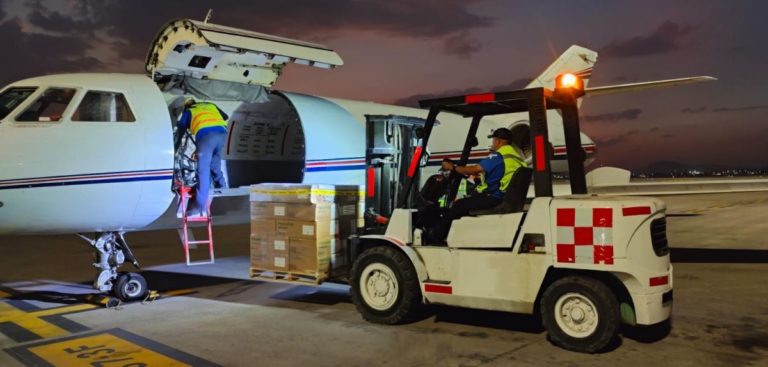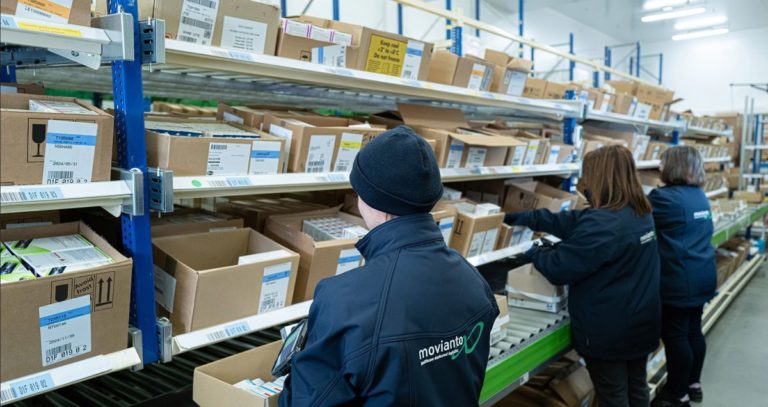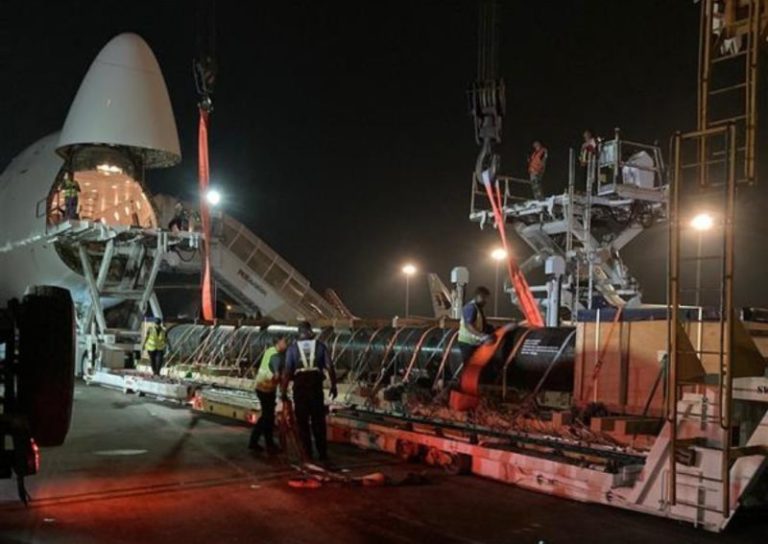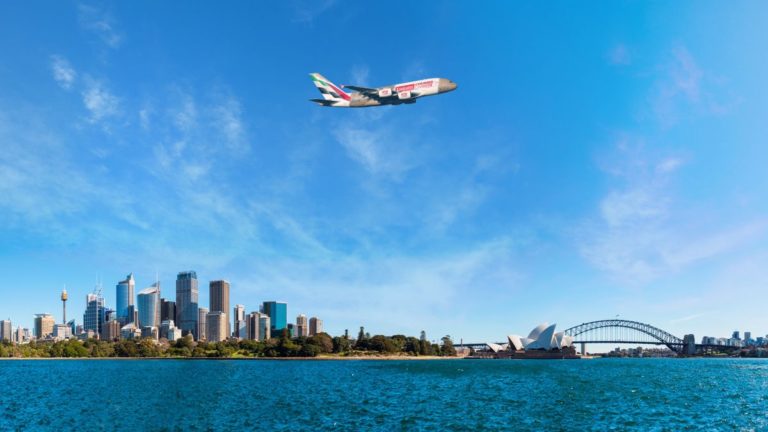Air Charter Service’s Mexican office helped avert a brewery shutdown in June when it flew in half a ton of beer hops from Washington State.
was contacted by a leading alcoholic beverage manufacturer in Mexico, who was facing a brewery shut down and needed just over half a ton of beer hops transported from Washington State to Mexico City, a journey of more than two and a half thousand miles, within the next 24 hours.
Marco Circosta, ACS Mexico chief executive said that the broker was contacted by a freight forwarder customer in Mexico whose client urgently needed a delivery of hops to avoid a production line shut down. The hops needed to be in Mexico within 24 hours so ACS quickly got to work sourcing an aircraft and found a Falcon 20 available nearby and easily loadable, as it had a side cargo door that could fit the 561-kilogram load in on just one pallet.
However, a complication was that, as the cargo was not traveling under refrigeration, so customs, loading and offloading processes had to be expedited From initial phone call to completion of the charter was just under 20 hours.














